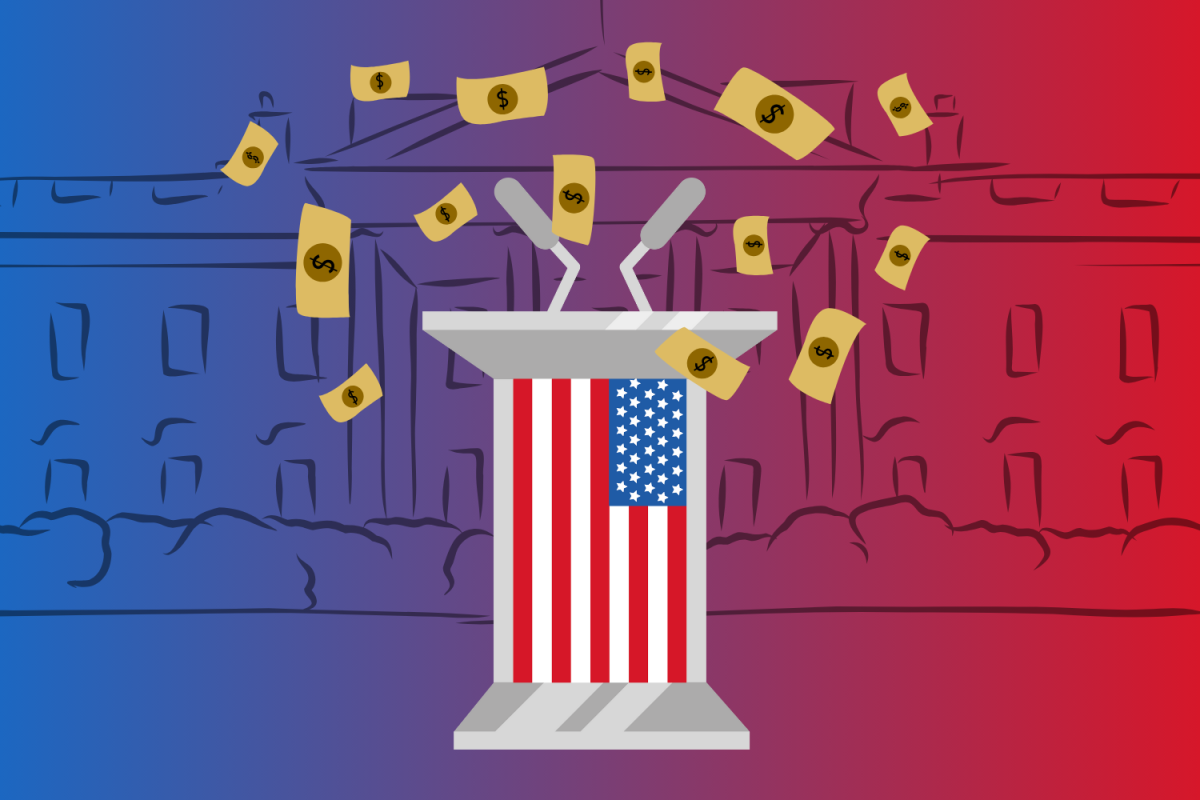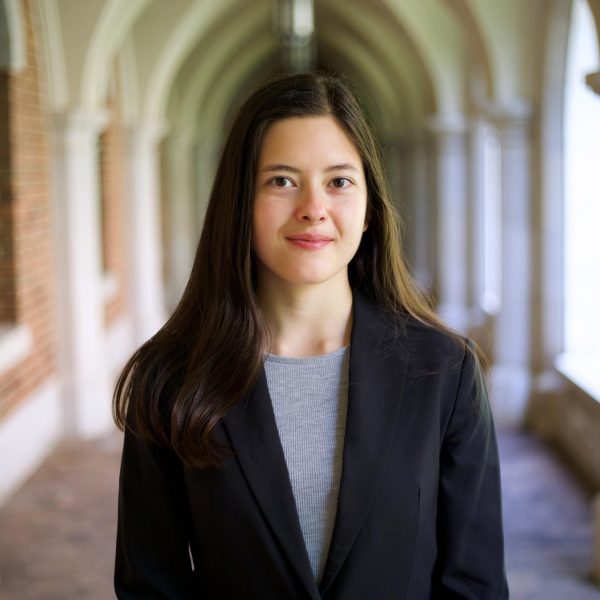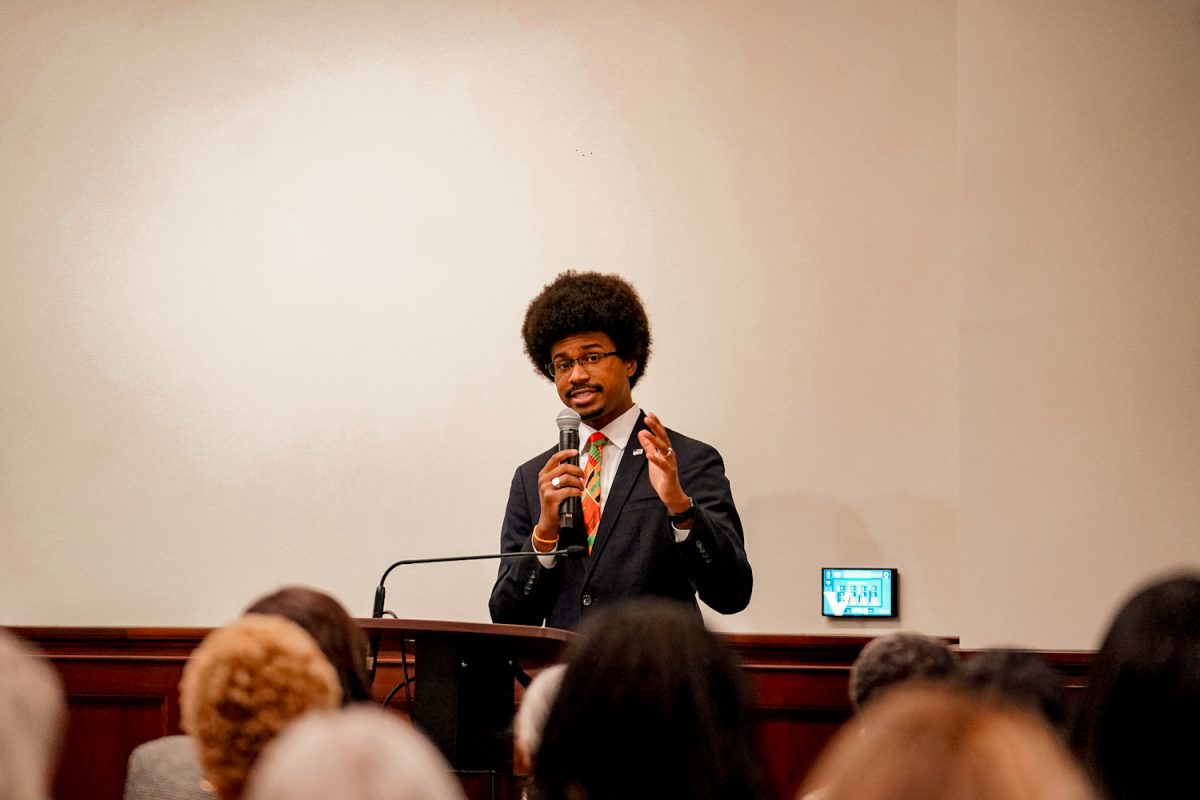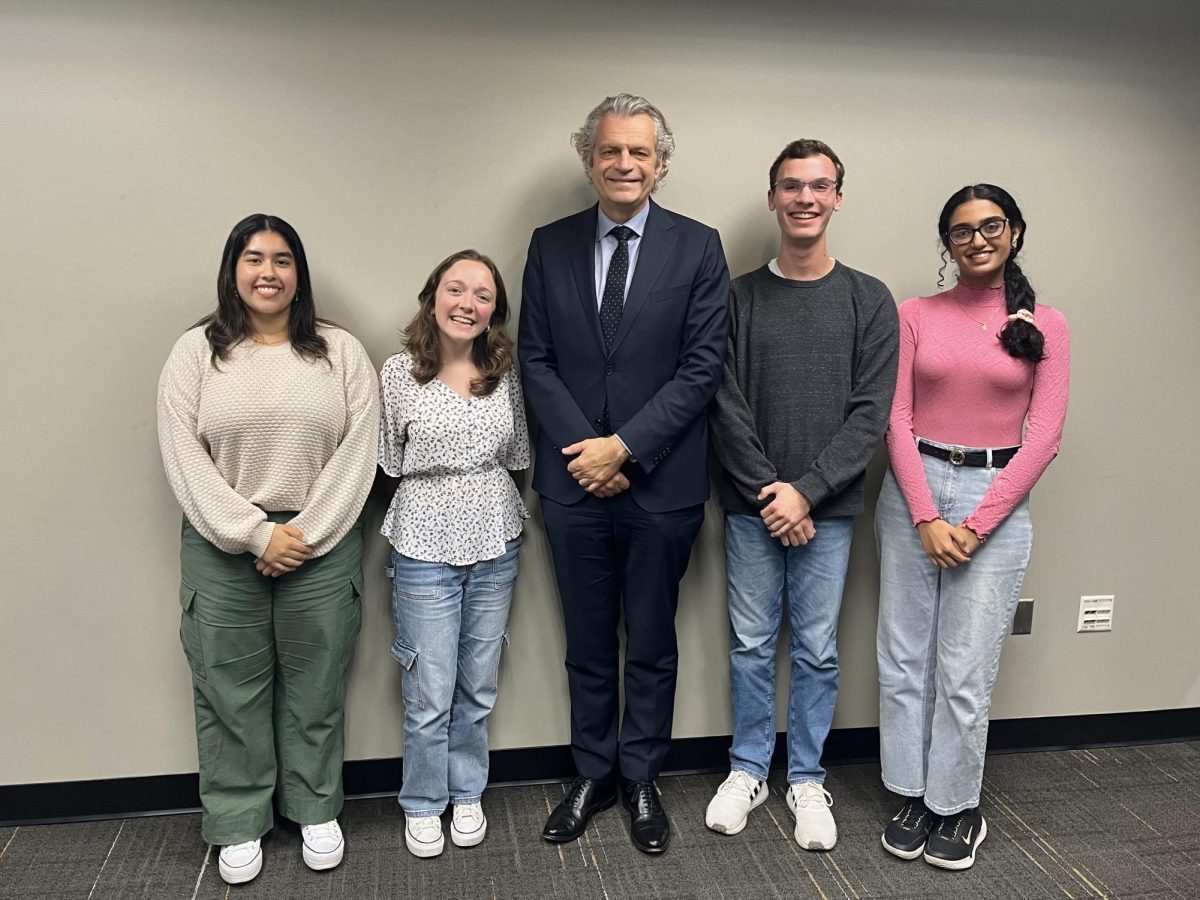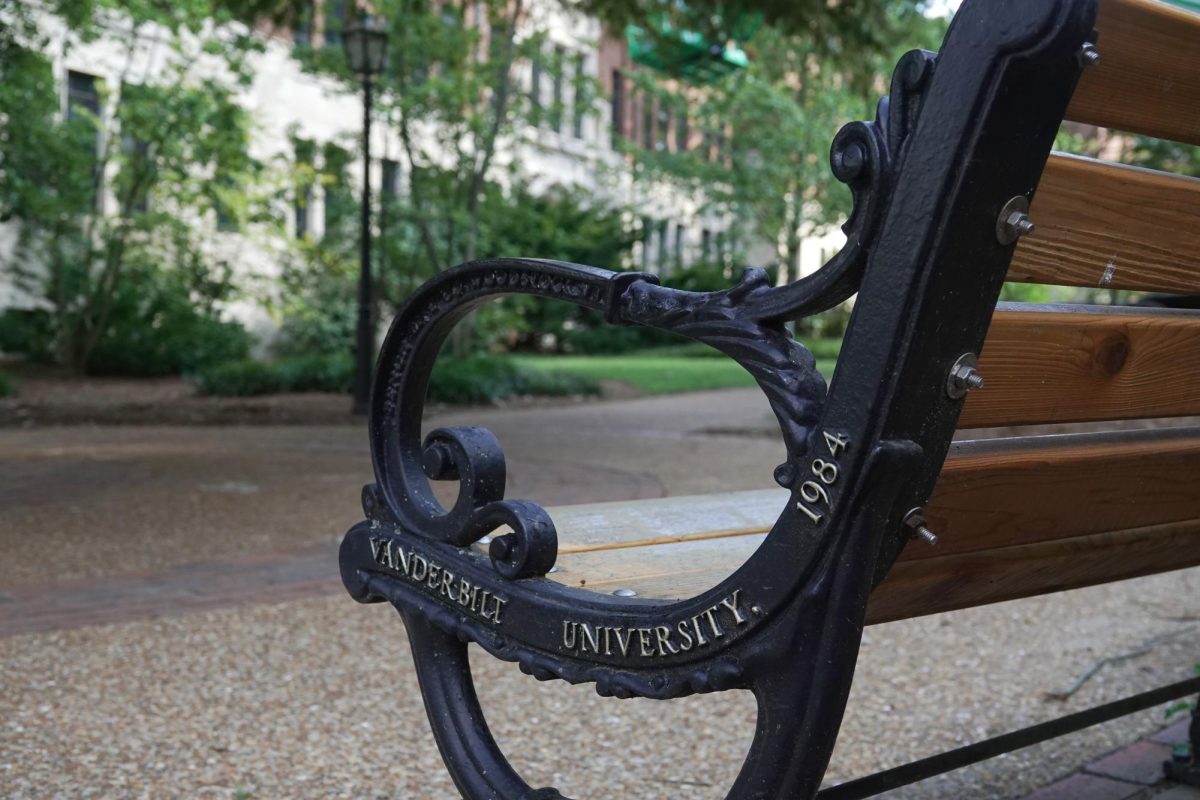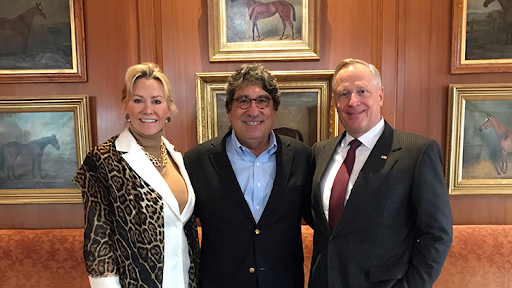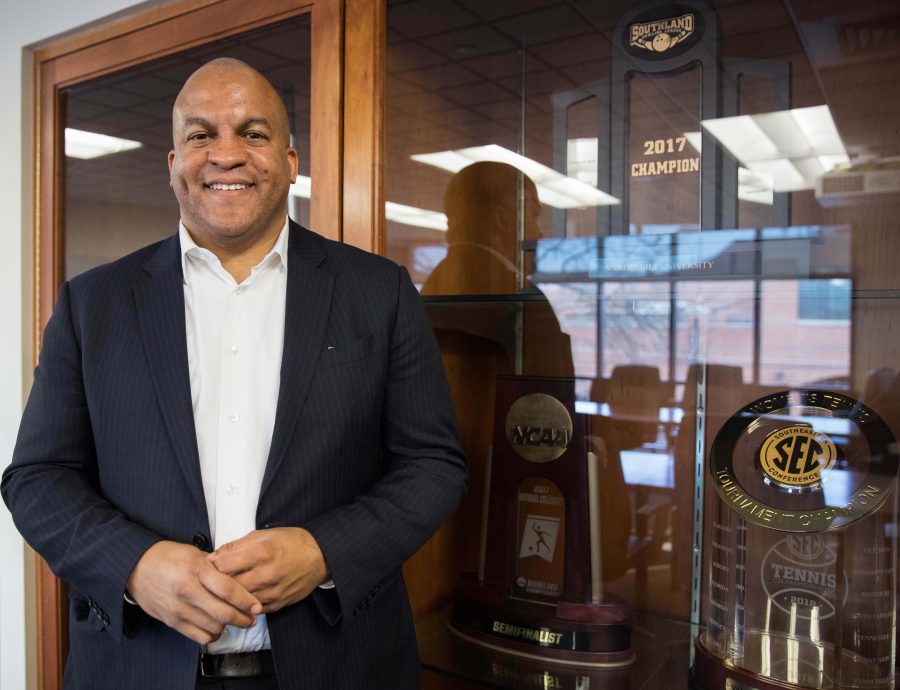As monetary political donations in the 2024 election cycle reach new heights, Vanderbilt employees have contributed over $450,000 in total to national and Tennessee state campaigns and political action committees. About 10% of the university’s over 9,000 employees have made a donation this cycle.
Democratic causes received 86% of donations. Ten percent of donations this election cycle went to third-party or nonpartisan organizations, while 4% of donations went to Republican causes. The Lincoln Project, an anti-Trump organization founded by former Republican party members, is the only non-Democratic committee represented in the top ten.
Forty-four percent of donations came from faculty, although other Vanderbilt employees — including researchers, coaches and graphic designers — also made contributions.
Former chancellor Nicholas Zeppos has been a prolific donor since 1999, largely to Democratic causes. During his tenure as chancellor from 2007 to 2019, Zeppos donated more than $110,000 to various candidates and causes. Though Zeppos continued to donate heavily during the 2020 election — giving over $111,000 to the Biden Victory Fund alone — his only donation this cycle has been $1,000 to Josh Stein’s campaign for North Carolina governor.
In contrast, current chancellor Daniel Diermeier has only made one lifetime political donation; while he was a professor at Northwestern University, Diermeier donated $500 to Barack Obama’s 2008 presidential election.
A representative from the university said Vanderbilt’s commitment to principled neutrality applies solely to university leadership speaking in an official capacity. Administrators and faculty are free to express their political support at their own will, including through political donations.
“Vanderbilt fully supports robust civic engagement by our faculty. On their own time and using their own resources, faculty may make voluntary financial contributions to political candidates,” the university said in a statement to The Hustler. “Such donations do not represent the views of Vanderbilt or constitute an endorsement or support for any political candidate by the university.”
The presidential race
About a third of Vanderbilt employee contributions went to the 2024 presidential race between Kamala Harris and Donald Trump. Vanderbilt affiliate contributions in this race reflect a preference for Harris over Trump, with about five times more money going to the Democratic nominee.
The amount of donations from Vanderbilt affiliates — and nationwide — has not yet surpassed the record-breaking fundraising that occurred during the 2020 presidential election cycle. During that cycle, Vanderbilt employees donated over one million dollars when adjusted for inflation. In 2024, donations total just over $355,000 as of Oct. 16. Donations this election cycle are closer to the numbers seen in 2016, when donations totaled just over $412,000.
Small dollar donations were the most common, with over 80% of donations being $50 or less. The single largest donation of the 2024 election cycle from Vanderbilt affiliates — and the only donation over $5,000 — was a $10,000 donation from nurse practitioner Catherine Crumbo to the Lincoln Project.
VUMC donations
Donations from VUMC employees totaled over $255,000 in the 2024 election cycle. VUMC employees were two times more likely to donate to organizations outside of the partisan sphere compared to partisan organizations. Over $40,000 went to medically-focused PACS, such as the CVS Health PAC and Society of Interventional Radiology PAC.
Trends among peer universities nationwide
At peer universities — including Rice University, Columbia University, Brown University and Emory University — donations similarly favor Democratic candidates and causes. Columbia — which had the largest amount of contributions — saw over $1.8 million in donations for Democratic candidates compared to just over $52,000 for Republicans.
Donations from other Nashville universities also favor the Democratic party, but Vanderbilt significantly outpaces them in terms of total dollar amount. Lipscomb University, a private Christian university, is the only exception: faculty donated nearly equally to Democratic and Republican committees.
Junior Noah Jenkins, president of Vanderbilt College Republicans, said he believes the disparities in political donations by party support his belief that Vanderbilt faculty, and academia at large, skew liberal. However, Jenkins said this perceived partisanship has not drastically affected his experience in the classroom.
“It should also be noted that while the vast majority of professors are left-leaning, none of them — in my experience — have been hostile to my unabashed conservative commentary in class,” Jenkins said. “I have gotten the sense that [their liberal claims] were more a result of us living in a liberal culture and political era — broadly speaking, especially concerning social issues — than any one professor's attempt to indoctrinate his students.”
Sophomore Drew Spiegel, vice president of administration for Vanderbilt College Democrats, similarly stated that he believed faculty should not be discouraged from financially supporting political candidates or causes.
“Like all citizens, Vanderbilt faculty have the right to support the political candidates of their choosing,” Spiegel said. “Of course, Vanderbilt should be an environment where critical thinking occurs and a diverse range of ideologies can be discussed. As long as a professor supporting a certain political party or candidate does not prevent the school from achieving this mission, then there should be no issue.”
Methodology
This analysis utilizes data about Vanderbilt University and Vanderbilt University Medical Center employees that has been publicly reported to the Federal Election Commission. VUMC employees are not included in Vanderbilt University totals. As of Nov. 5, 2024, the FEC only provides donation data until Oct. 16, 2024.
The 2024 election cycle includes contributions reported in 2023 and 2024, per guidelines from the FEC. Contributions were manually labeled as Democratic, Republican or Other based on information from the OpenSecrets PAC database. Figures about donations going to Kamala Harris campaign include funds from prior candidate Joe Biden’s campaign, which went to Harris after he withdrew from the race and she was selected to be the nominee.
Historical donations have been adjusted for inflation using the Consumer Price Index.
Lana Cartailler, Alexander Clinton, Divija Katakam, Coco Louie, Katherine Oung and Sefika Ozturk contributed data analysis.


